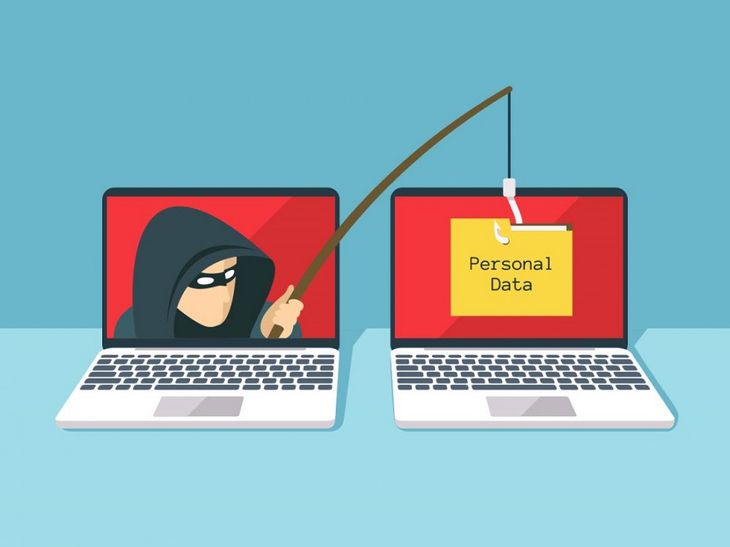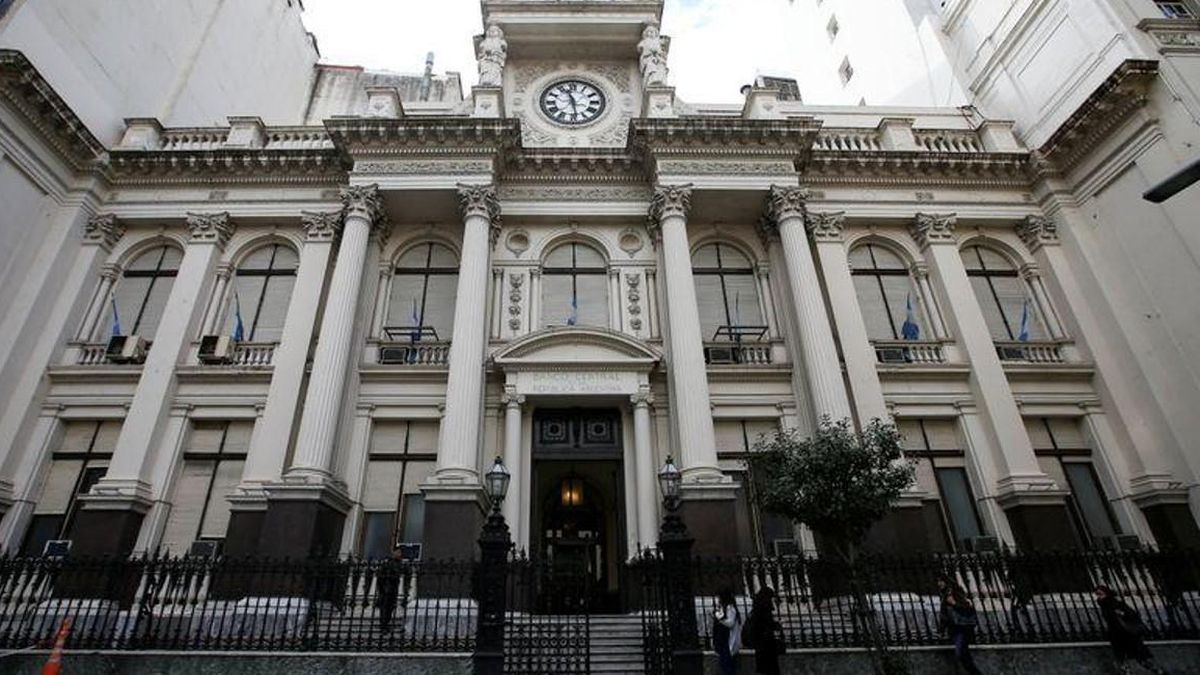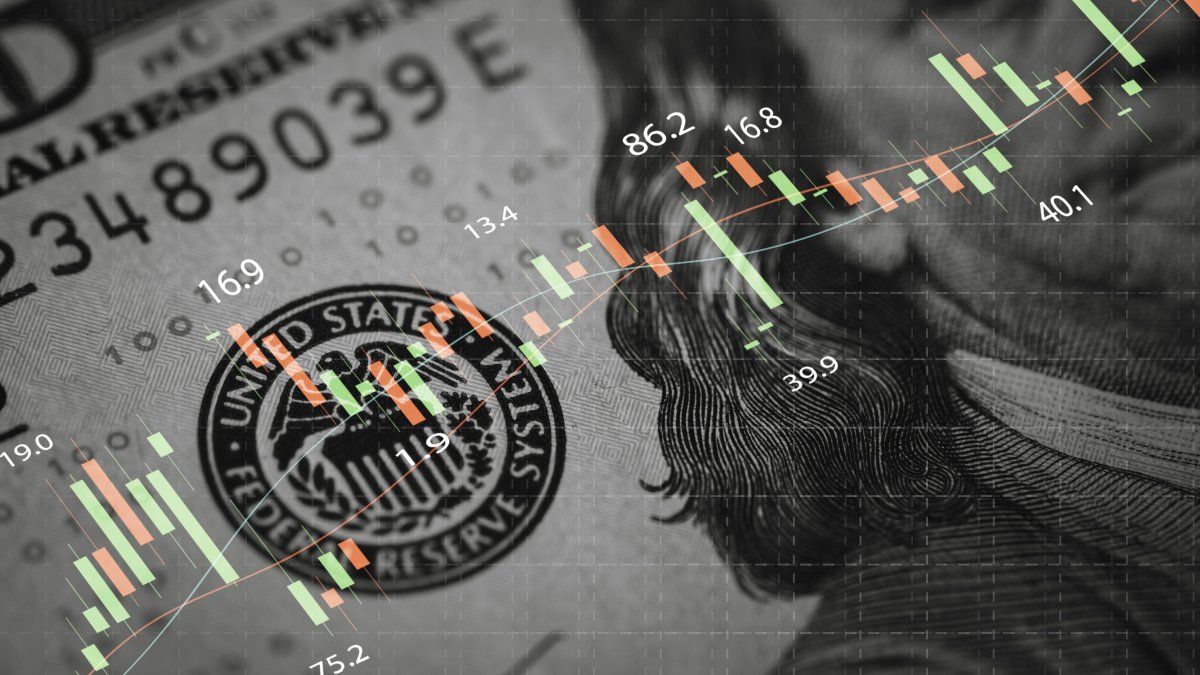The advancement of virtual methods for all types of economic transactions brought dangers that must be taken into account.
In the last decade, and more precisely since the pandemic, the virtual method for carrying out all kinds of money transfers and economic transactions, such as buying and selling, has grown exponentially in our country. Just as this methodology has gained ground, so have virtual scams, which is why we must be vigilant to avoid falling into them.
The content you want to access is exclusive for subscribers.
In this sense, the Central Bank of the Argentine Republichas released a series of precautions and methods to recognize and avoid all types of virtual scams or situations that seem suspicious when making a transaction. The tools and tips are below.


The most common method is emails from known entities that turn out to be fake, such as different banks or virtual wallets.
internet-scams-4-freepik_1000_1100.jpg

Illustrative image of a virtual scam.
These are the recommendations of the BCRA to avoid virtual scams
The national body has listed 10 recommendations to increase the protection of citizens, which are as follows:
- Use different passwords for different virtual wallets and activate two-factor authentication.
- Create varied passwords, change them frequently and of course do not share them.
- Do not save passwords in the browser as these people often suggest.
- Avoid public internet networks and automatic connection to NFC, Bluetooth and WiFi.
- Verify that the senders of the emails match the companies or entities to which they claim to belong.
- Avoid links that arrive through WhatsApp even if they have titles like “help desk” or similar.
- Do not share verification codes received by email when recovering a password or accessing a virtual wallet.
- Keep your operating system, browser and applications updated as much as possible.
- Have access to antivirus and antimalware on the device.
- Turn off location, camera and microphone whenever possible.
On the other hand, if you are a victim of a scam, there is the Specialized Prosecutor’s Office for Cybercrime (UFECI). It’s located in Sarmiento 663, 6th Floor, CABA. The phone number to contact us is: 11 5071-0040 / 0041 and the email address is: [email protected] .
Also, if you receive information or messages from entities that pretend to be the Central Bank, you can forward them to [email protected] to verify its legitimacy. Keep in mind that it is unlikely that the national entity will contact you, much less to ask for personal or banking information.
Source: Ambito




